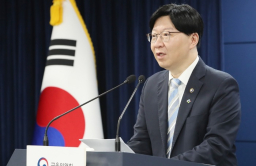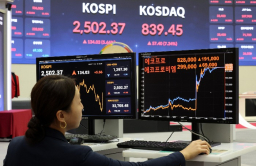-
KOSPI 2946.66 +52.04 +1.80%
-
KOSDAQ 777.26 +8.40 +1.09%
-
KOSPI200 394.16 +6.86 +1.77%
-
USD/KRW 1366 -4.00 0.29%
All listed stocks to be available for shorting in South Korea
Short selling
All listed stocks to be available for shorting in South Korea
Coupled with an expanded listing pool on the country’s first alternative stock exchange NXT, market volatility may rise
By
Mar 30, 2025 (Gmt+09:00)
4
Min read
News+
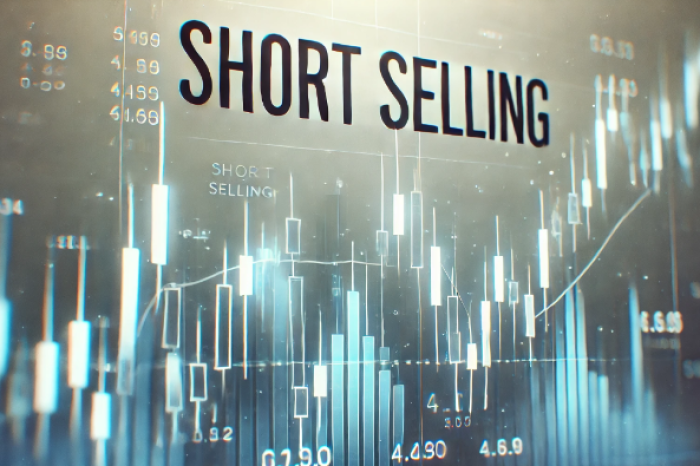
South Korea will allow short selling of all listed stocks in the country as of Monday for the first time in five years, raising expectations of more foreign capital inflow into the Korean stock market in hopes of better risk management and liquidity conditions.
But some raise concerns that volatility will increase in the country’s stock market following the full resumption of short selling, which will coincide with the expansion of stock offerings on the country’s first alternative stock exchange, Nextrade (NXT), which is still in its infancy.
As Korea’s financial authority Financial Services Commission (FSC) heralded in February, investors will be able to short all listed stocks in Korea as of March 31.
This will be the first time Korea will allow shorting on all listed stocks since March 2020, when financial authorities imposed a blanket short-selling ban to contain extreme market volatility in the face of the COVID-19 outbreak.
In May 2021, the country resumed short selling but only on 350 stocks, some on the Kospi 200 and others on the Kosdaq 150 indices.
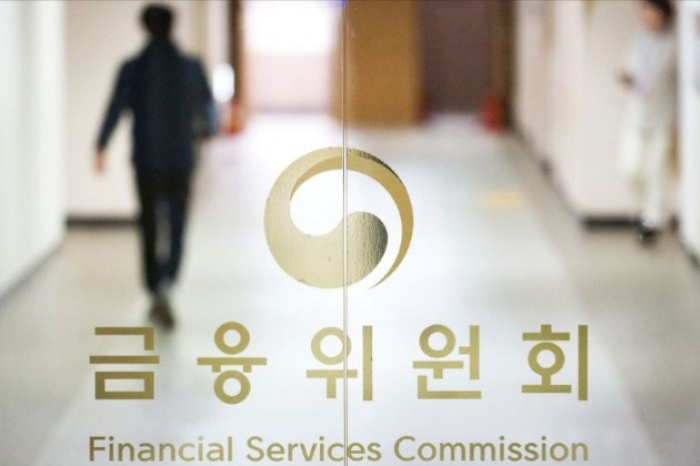
But when foreign banks were found to engage in illegal naked short selling, a practice that shorts stocks without making borrowing arrangements first, in 2023, the financial authorities completely banned short selling again in November of that year.
ONLY DEVELOPED COUNTRY WITH A BLANKET SHORT-SELLING BAN
Short selling is a legitimate stock trading practice, allowing investors to borrow shares of a stock to sell them in the open market and then to repurchase them at lower prices later to return them to the lender.
Korea was the only developed market that completely restricted short selling.
The ban was designed to prevent unfair, illegitimate trading, but many argue that it neglects the benefits of short selling, which provides liquidity to the market and allows investors to hedge risk while helping prevent overshooting.
Last June, global index provider MSCI Inc., which categorizes Korea as an emerging market, downgraded the country's short-selling accessibility in its annual review – a move widely seen as a hurdle for Korea’s inclusion in MSCI’s developed-markets index.
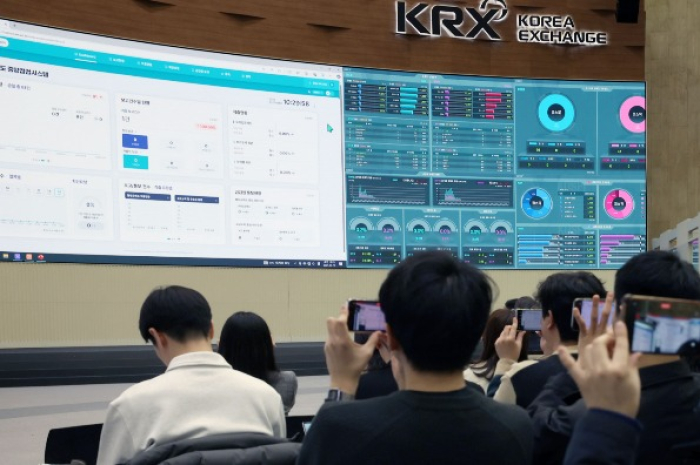
In response to growing complaints about the short-selling ban, Korea's financial authorities decided to lift it to make Korean stocks more attractive to foreign investors.
POSSIBLE RETURN OF FOREIGN CAPITAL
The country’s outstanding securities lending stood at 66.64 trillion won ($45.3 billion) in value on Friday, up 26.8% from the end of February.
Foreign investors’ securities lending accounted for 64.8% over the same period, suggesting that offshore investors are gearing up to short Korean stocks upon the full resumption of the practice.
The possible return of foreign investors, especially long/short funds that take both long and short positions, after the short-selling resumption is expected to rejuvenate the Korean stock market, analysts said.
But retail investors, who often condemn institutional investors’ massive short selling for sinking share prices in the Korean market, remain wary about the full resumption of short selling.
Korean politicians also often side with the retail investors, pressuring financial regulators to impose a ban on short selling to win the hearts of voters during elections.
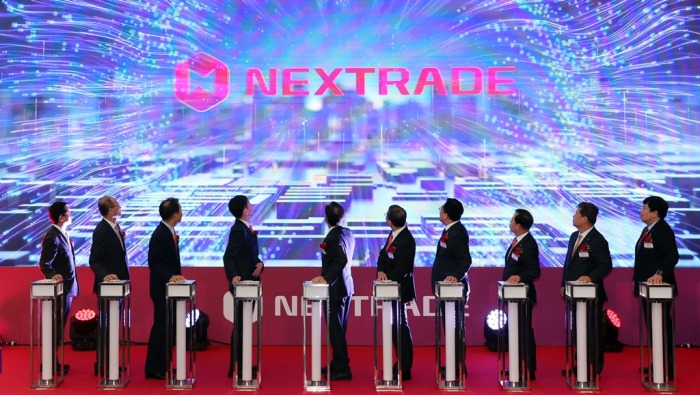
To ease retail investors’ concerns about short selling, the financial regulator has revised the country’s short-selling rules and has set up a centralized electronic monitoring platform to better detect naked short sales.
“Immediately after the short sale resumption, market volatility will increase but only for the short term,” said a local asset management firm’s chief executive officer, expecting that the share shorting would play a positive role in preventing price overshooting and discovering fair stock prices.
MORE STOCKS ON NEXTRADE
Still, market participants will likely remain jittery for the next few weeks as stock short selling resumes on the same day when Korea’s first alternative stock exchange, NXT, finally allows 800 stocks to trade, doubling from its previous offerings.
NXT is still in its early stages after starting trade on March 4.
With NXT, Korea has joined other developed markets such as those in Europe and Japan already operating alternative stock markets, which can unlock diverse investment opportunities for investors.
But since its opening, it has already encountered a few operational setbacks, such as electronic system errors and erratic price fluctuations, which even caused the brief trade suspension on the main Kospi bourse.
Write to See-Eun Lee and Han-Shin Park at see@hankyung.com
Sookyung Seo edited this article.
More To Read
-
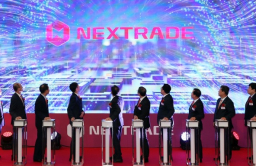 Korean stock marketKorea’s Nextrade stock exchange debuts; YG Entertainment tops 1st day
Korean stock marketKorea’s Nextrade stock exchange debuts; YG Entertainment tops 1st dayMar 04, 2025 (Gmt+09:00)
-
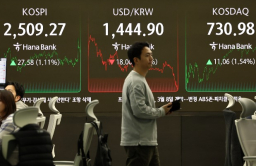 Korean stock marketAlternative stock exchange Nextrade to launch on March 4
Korean stock marketAlternative stock exchange Nextrade to launch on March 4Feb 06, 2025 (Gmt+09:00)
-
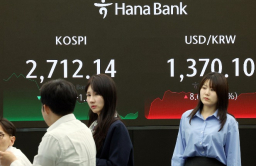 Korean stock marketKorea to launch alternative stock exchange in 2025
Korean stock marketKorea to launch alternative stock exchange in 2025May 09, 2024 (Gmt+09:00)
-
Jun 13, 2024 (Gmt+09:00)
-
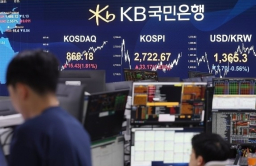 Korean stock marketKorea's short-selling ban impedes MSCI index upgrade
Korean stock marketKorea's short-selling ban impedes MSCI index upgradeJun 07, 2024 (Gmt+09:00)
-
Nov 06, 2023 (Gmt+09:00)
-
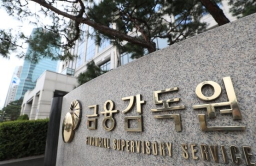 Korean stock marketKorea warns foreigners of stricter rules on illegal short selling
Korean stock marketKorea warns foreigners of stricter rules on illegal short sellingSep 07, 2023 (Gmt+09:00)
-
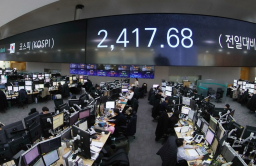 Korean stock marketS.Korea not ready for developed market status: MSCI
Korean stock marketS.Korea not ready for developed market status: MSCIJun 09, 2023 (Gmt+09:00)


